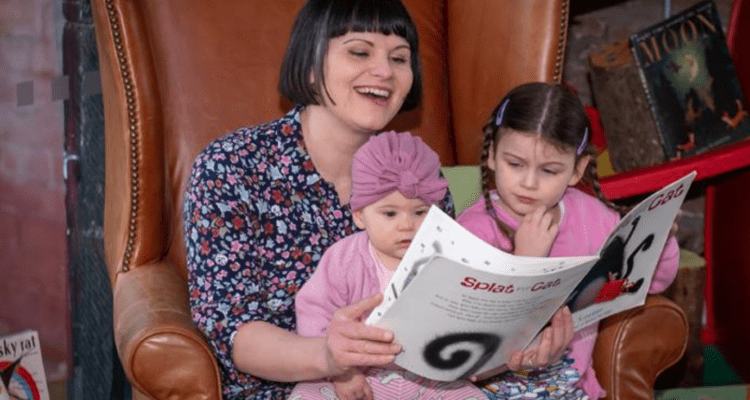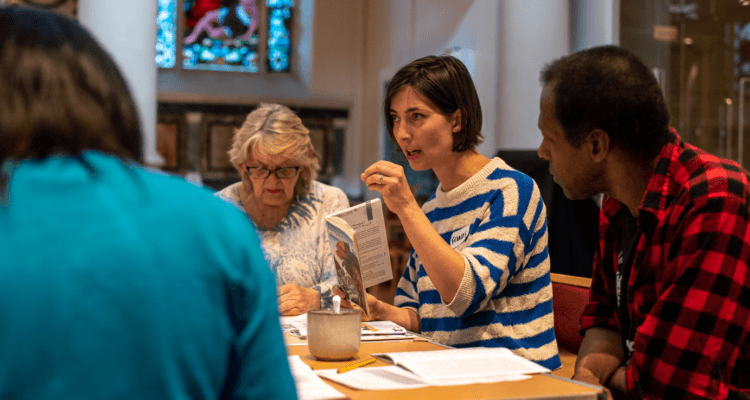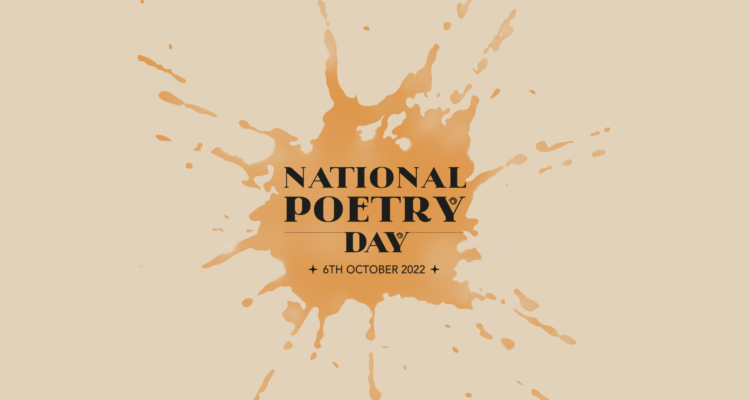Waving Farewell to Cranford – The Final Two Episodes
Clare Williams concludes her reflections on the BBC's recent drama serial Cranford.
Last Sunday evening we sadly waved goodbye to Cranford, whose inhabitants waved back at us for a time, outside the village church, to be thereafter frozen in the immortal silence of a photographic still. The wonderful five-part period drama has been one of the best adaptations of nineteenth-century literature and society that I have ever seen; a fitting match to last year’s ambitious adaptation of that quintessential Victorian writer’s epic Bleak House. The BBC has shown Cranford to be so much more than a quaint old-fashioned village, assumed to be already known and mechanically reproducible for pretty domestic frames. It is quaint, it is pretty, but it is also a village thriving with life and rich in vital human relations. In the BBC’s sensitive exploration of how social change and the processes of modernisation came to intertwine themselves alongside the life stories of such instantly loveable characters, the series Cranford is one that appeals across generations and interests, perhaps reviving (or at least reminding one of) a somewhat forgotten sense of community spirit in our own age. Even my partner laughed along with me in recognition and admiration of the sharp wit, appealing simplicity, and pragmatic conservatism of the Cranford ladies; my grandmother has shared with me her love for the earnest Mr Carter and his young protégée, Harry Gregson; whilst I have taken the greatest delight in simply being given the opportunity to soak up the charming atmosphere of another world within the comforts of my own.
One of my favourite characters during the series has been the enduring Mr Carter, a self-made man who continued to unfold a charged air of mystery that reached out beyond his own death. Even with the beginnings of a newly intimate relationship with Lady Ludlow’s milliner Miss Galindo (played by Emma Fielding), one gets a sense that the life story of Mr Carter must always remain something of a mystery, the man himself being fittingly left to rest in the reserved and private peace of his own strong silence. His radical legacy of earnest self-improvement and love of mankind crucially lives on through the young boy Harry Gregson. The triangular tensions between the old feudal economy, represented by Lady Ludlow and the new worlds of capitalism, industry, and an emergent democracy are brought to a head in these closing episodes, taking us from hostile separations to humble reconciliations made possible ultimately through what the novelist Gaskell believed in as the universal forces of love and respect – embodied in this case by the shared love and respect of Lady Ludlow and Harry Gregson for their mutual friend Mr Carter.
Lady Ludlow and Harry Gregson finally come to meet on equal terms in a spacious and notably empty room at the grand estate, where Lady Ludlow must not only face explaining to the young boy that he is the sole benefactor of Mr Carter’s will but also address him, with some evident difficulty, as an equal. It seems that the two are about to enter a strange new world together in which the aristocrat is literally indebted to the pauper. Moreover, this strange new world holds the prospect of changes that even the progressive Mr Carter appeared not quite ready for, notably the education of women and the fight for women’s suffrage. Only when women also have equal access to education on the same terms as men, observes Miss Galindo to a rather bemused Mr Carter, when boundaries of gender are crossed as well as class, will people really begin to truly understand the meaning of the word “progress” in the fullest sense of the term.
The final two episodes of Cranford delicately show how previous relations, beliefs, and ways of life are to be left behind in a smaller and simpler past age in order to be carried forward into the dawning of the increasingly pressing, larger and much more complex age of the modern world, ominously heralded throughout the series by the building of the new railway. The spirit of such change is emotively brought home through the practical and painful adjustments and negotiations that the people of Cranford have to come to finally make for the continuation and development of their own lives. Miss Matty, for example, is shown to be not only reconciled with her long lost brother Peter (who in turn appears to carry a flame for the gregarious Miss Pole – another favourite of my grandmother’s), but also opens a shop in her own home. One can only imagine what the stern Miss Deborah would say, a condemnation from up above of which Miss Matty herself appears all too aware. However, what initially begins as a necessity to which a now impoverished Miss Matty is forced to turn as a last resort quickly becomes both an interest and pleasure. Besides, as she herself is keen to stress, she will be selling tea, a refined commodity superior to articles of “common trade”, relieving her of the unpleasantness of having to handle those more tactile and odorous commodities such as cakes or buns; as Miss Matty says, she never could abide handling anything sticky.
And of course the episode closes traditionally with a marriage as the patient Dr Carter finally gains the hand of the beautiful Miss Sophie, and as a fitting ending to Cranford in particular, this marriage is made to symbolise the rebirth of the old world into the new as Miss Sophie passes from the hands of a man of the cloth to a man of science and crosses the altar wearing a wedding dress made from Miss Matty’s treasured muslim silk, brought by her brother Peter and intended for her all those years ago.
____
By Clare Williams
Read Clare's earlier reviews of Cranford here.
Read Josie Billington's recommendation of Gaskell's Wives and Daughters here.
Share
Related Articles

Reader Revisited: Reading with Looked-After Children by Grace Frame
We're taking a trip down memory lane and revisiting articles from The Reader Magazine. This article first appeared in issue…

Meet The Reader: Staff Spotlight with Frances
Saturday 30 September is International Podcast Day so this month we got chatting to Frances MacMillan, the Head of Literary…

National Poetry Day 2022
To celebrate National Poetry Day 2022, The Reader has created a new poetry anthology exploring this year's theme, The Environment.…



